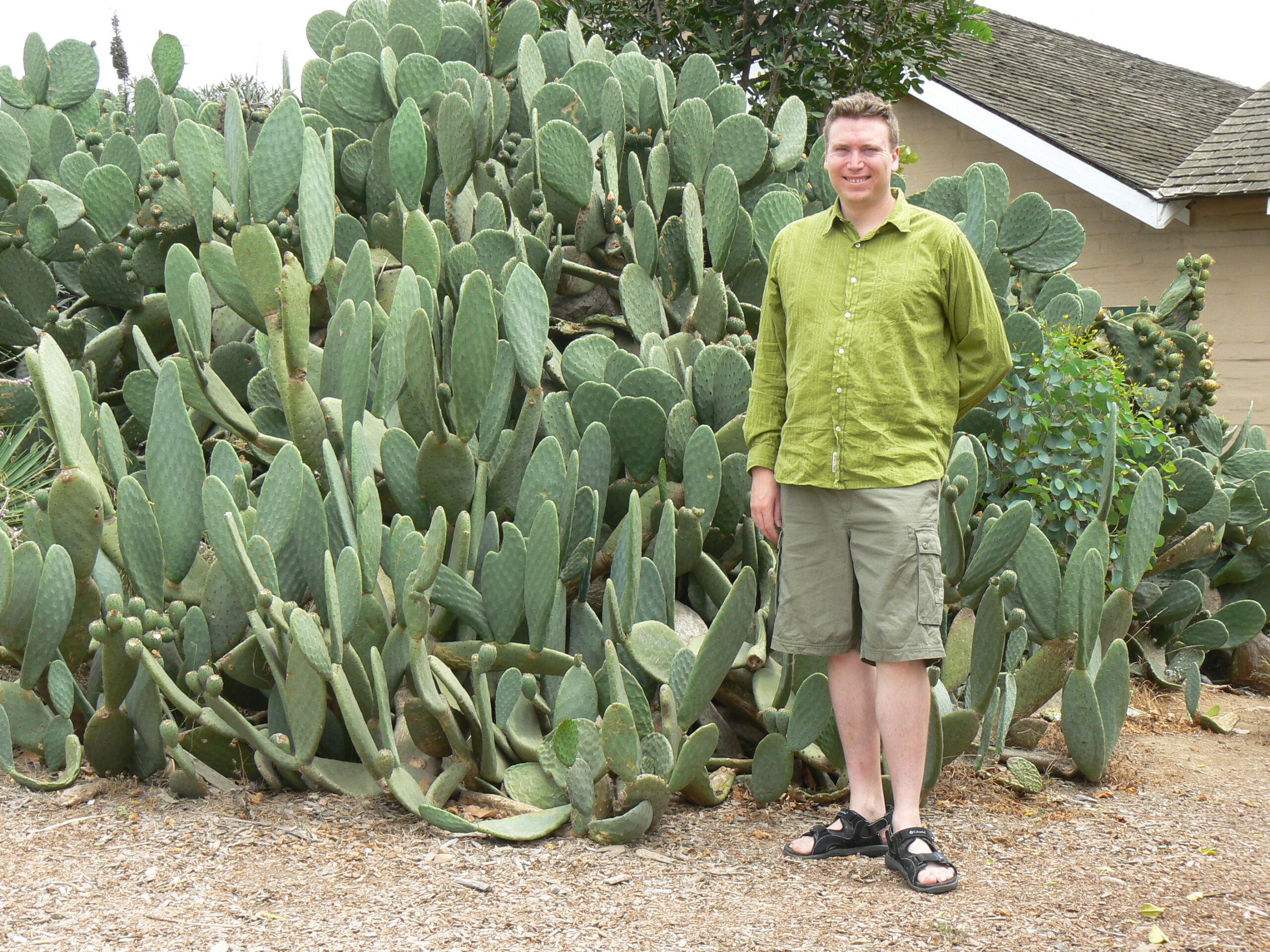I knew a man who had flown fifty bombing missions during World War 2. He was soft spoken and kind, and rarely talked about his experiences. Yet I had the great honor of being with him in the days before he passed away. I might have expected that a man who had experienced the horrors of war would be jaded and hard, but he wasn’t. He had chosen to deeply value the people around him, he had come through that terrible time by not taking anything for granted – including his family, friends, and neighbours.
After World War 2, the world changed. Canada saw a time of rapid growth and new communities were built all across our country. It was also an era that saw the rise of ‘neighbourliness.’ In post-war Canada that meant that people cared about those living nearby. It was common to take food to those around you, or watch each other’s kids in a pinch. It was a time when people had low fences and took the time to sit on their front porches – inviting others to join them. After the horrors of war, Canadians saw clearly the value and importance of safe and hospitable relationships with their neighbours. In those days, most people would have had a set of family relationships and a set of neighbours. Although neighbours were not considered ‘close’, they were nonetheless very important. The neighbourhood relationships were seen to play a vital role in that they helped to create the foundation for all those “small town feelings” many people crave today.
Today there has been a shift. We still have an inner ring of close relationships, but we now have a new set of relationships that are at a distance. Facebook friends and loosely connected acquaintances make up most of our day to day interactions. The people we engage with most are often people we don’t see, or people who we have never had a long conversation with. It is exciting that we can share our lives with others in instant ways, but sociologists are starting to observe that we are beginning to miss a level of relationship – neighbourliness – that is vital to our wellbeing. Neighbourliness meant a level of interaction and trust that fostered a profound sense of being connected with those who live around you. For many today being neighbourly often means just leaving those around you alone.
There is a movement that I believe is more than just a nostalgic longing for the past. It’s a movement towards placing value on real, face to face relationships once again. It’s a realization that the best communities are built on the foundations of real trust, shared local experiences, genuine care for those who live around us, and space for people to be themselves in a safe network of generous neighbours. It’s the belief that we can be a city of neighbours.
Into the Neighbourhood Experiment: How do your experiences, the good and the bad, shape the way you see those who live in your neighbourhood?







